During the coverage of the recent natural disasters the news has been saturated with examples of people who represent the very best of humanity. My screen has been filled with people risking their lives, collecting donations, helping with cleanup efforts, and neighbors taking care of neighbors.
So when my husband told me that his brother, an FBI agent, was being dispatched to help with hurricane relief I made the assumption that he would also be rescuing stranded families or passing out supplies. But that’s not why he was being asked to go. He was sent to provide security for relief workers; they were being mugged.
Want to see how thinkLaw can work for you? Download our free sample lesson plan.
This staggering juxtaposition between the self-sacrifice of so many, and the selfishness of a few, has caused me to reflect a lot about empathy. As a mother of four young men and an educator, how do I foster and develop empathy with the young people in my life?
Empathy is a noun, not an adjective. It doesn’t describe what you’re like, it’s an ability that you possess- part of a skill set. It’s being able to understand and share the feelings of others. Empathy is sometimes confused with sympathy or pity but it goes beyond those two emotions because it involves a much deeper understanding of people and circumstances.
Intellectual empathy is the ability to hear thoughtfully and imagine what it’s like to share in someone’s experiences. Intellectual empathy can be taught in a classroom.
Intellectual empathy is created through the development of critical thinking skills. When students are taught to listen carefully, analyze different perspectives, and ask questions intellectual empathy is the result. These skills honed in a classroom will carry over to students’ personal lives.
Very few would argue that the development of critical thinking is unimportant, yet studies have shown that as few as 1 in 10 educators intentionally focus on critical thinking development. High quality critical thinking instruction has generally been reserved for high achieving students in elite schools. There needs to be a shift in our educational focus.
So what do we do?
1. Teach and practice active listening skills. Teach students to look at the person who’s speaking and respond in a manner that indicates they heard what that person said. In a world full of smart-phones and distractions this is not a skill that they may see modeled outside of school.
2. Provide opportunities for students to analyze situations from multiple perspectives. Use literature, historical events, news stories, and legal cases in class. Have students really take the time to consider the perspective of all individuals involved.
3. Questions, questions, and then more questions. People who are curious tend to possess intellectual empathy because they want to know why. Why did this happen? Why do you feel that way? Children and adolescents are naturally curious. Take advantage of natural curiosity and help students to learn to ask really powerful questions.
4. Share the message. It’s easy to become overwhelmed and focus on all the ways we can’t help, but we can control the instruction that takes place in our classroom. We can foster critical thinking skills and equip students to become empathetic community leaders.
Placing an intentional focus on the development of critical thinking is a win-win situation. Academics improve as well as character. Our schools often compartmentalize subjects: character education is often separated out and the first initiative to be cut when funding is low. Why not use powerful critical thinking instruction to improve both academics and empathy?
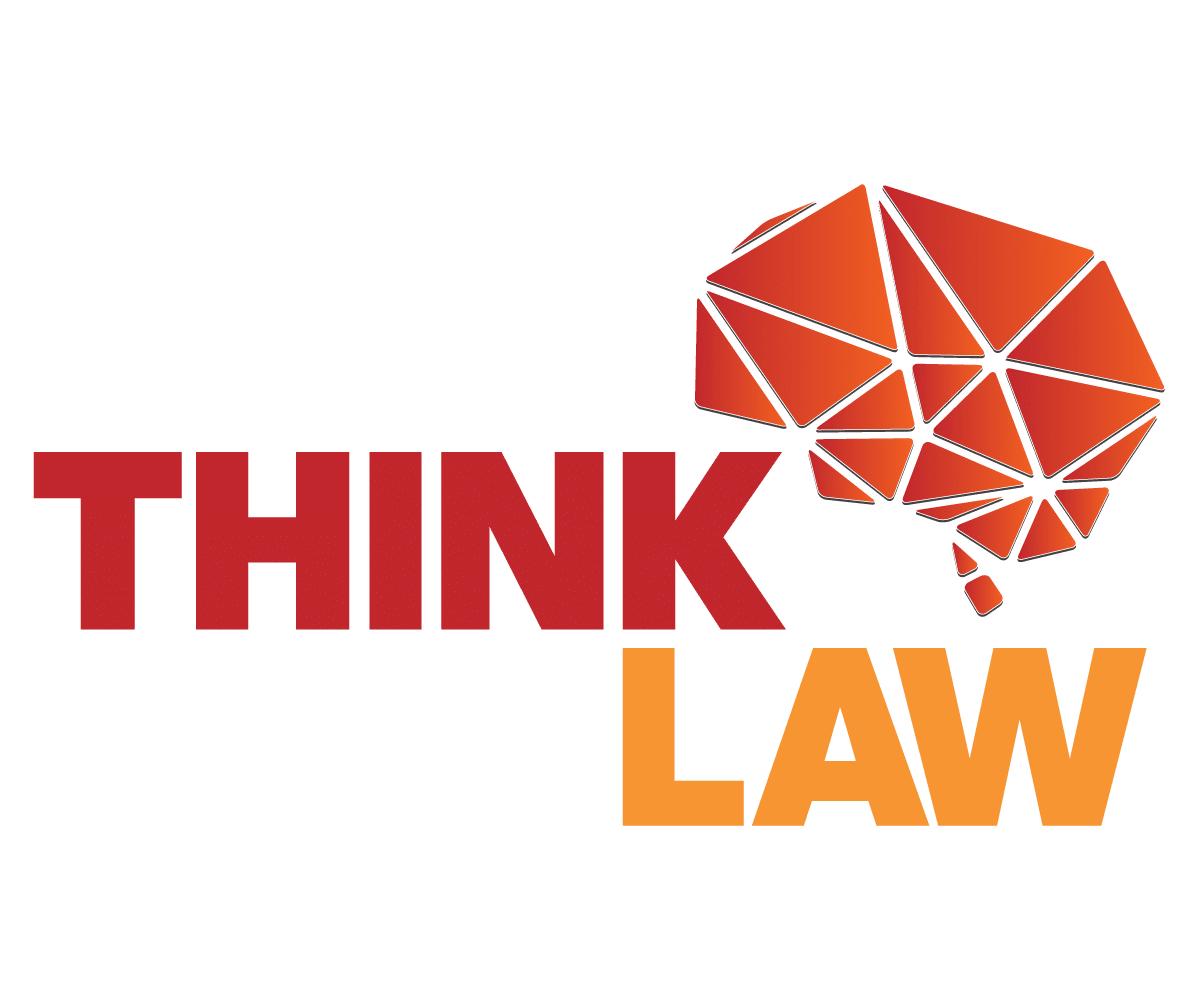



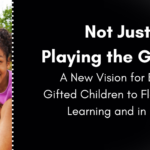
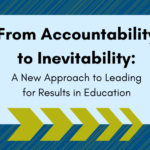

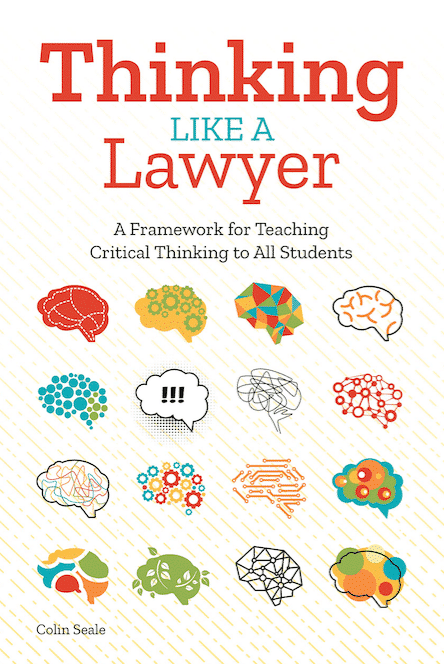
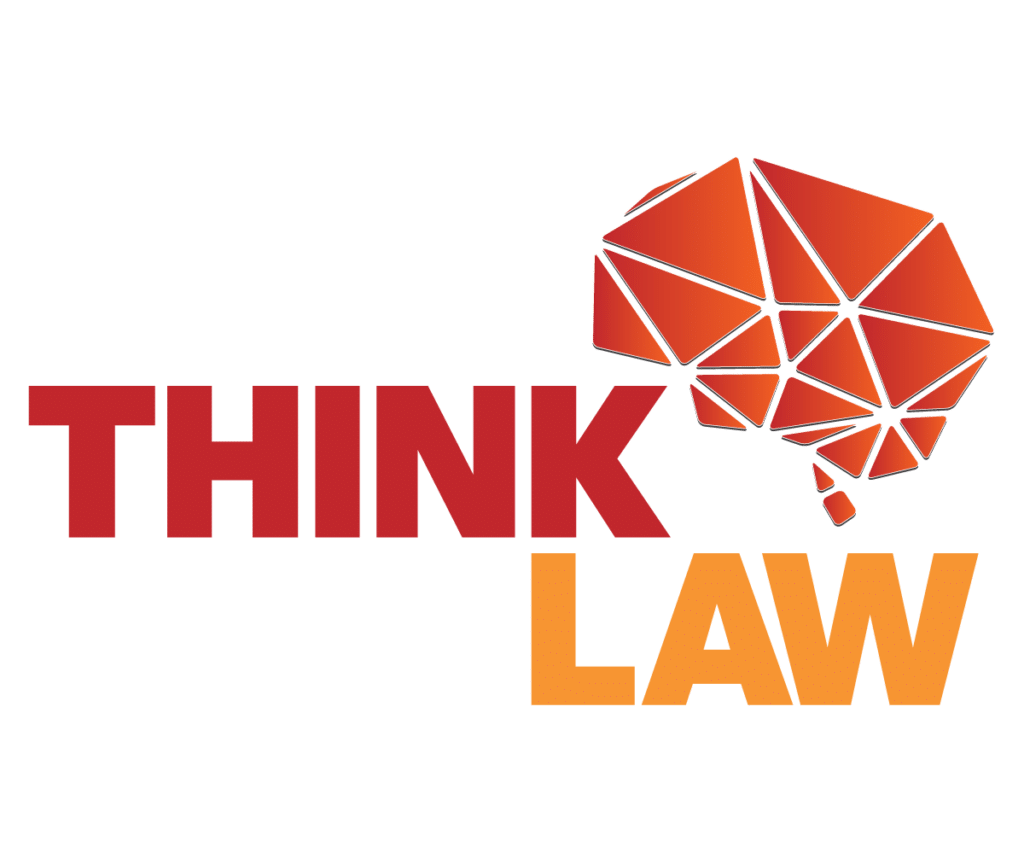
Leave a Reply